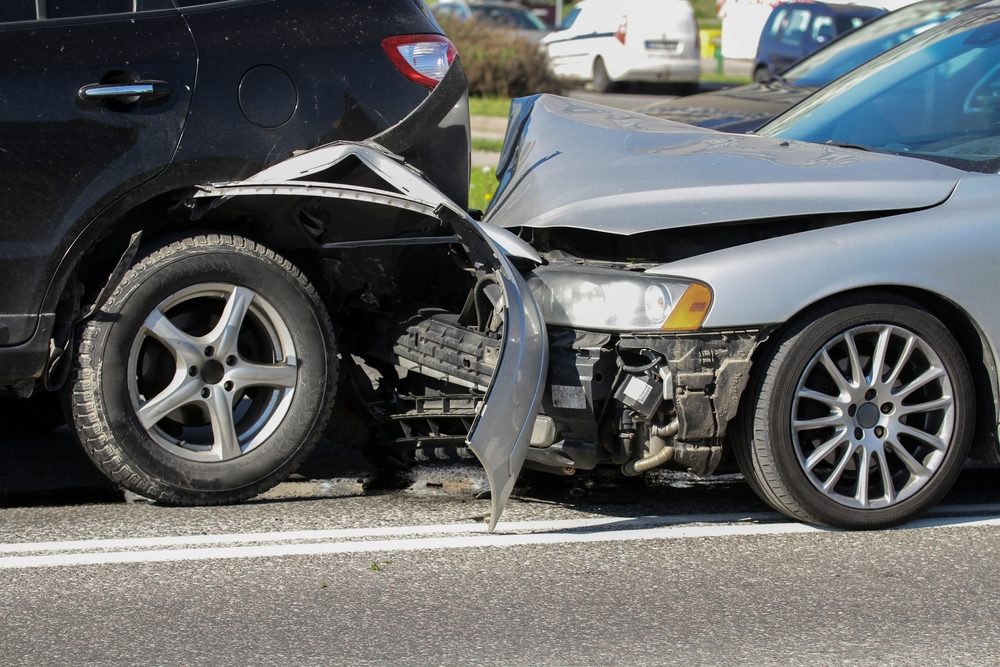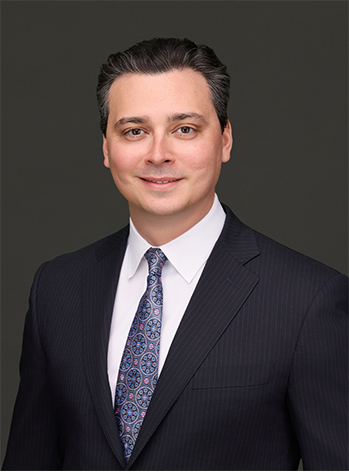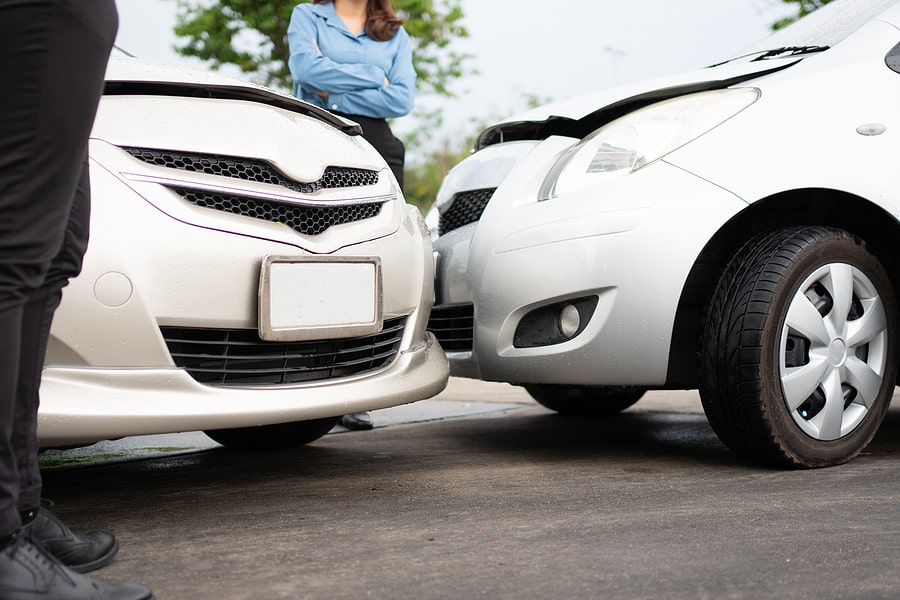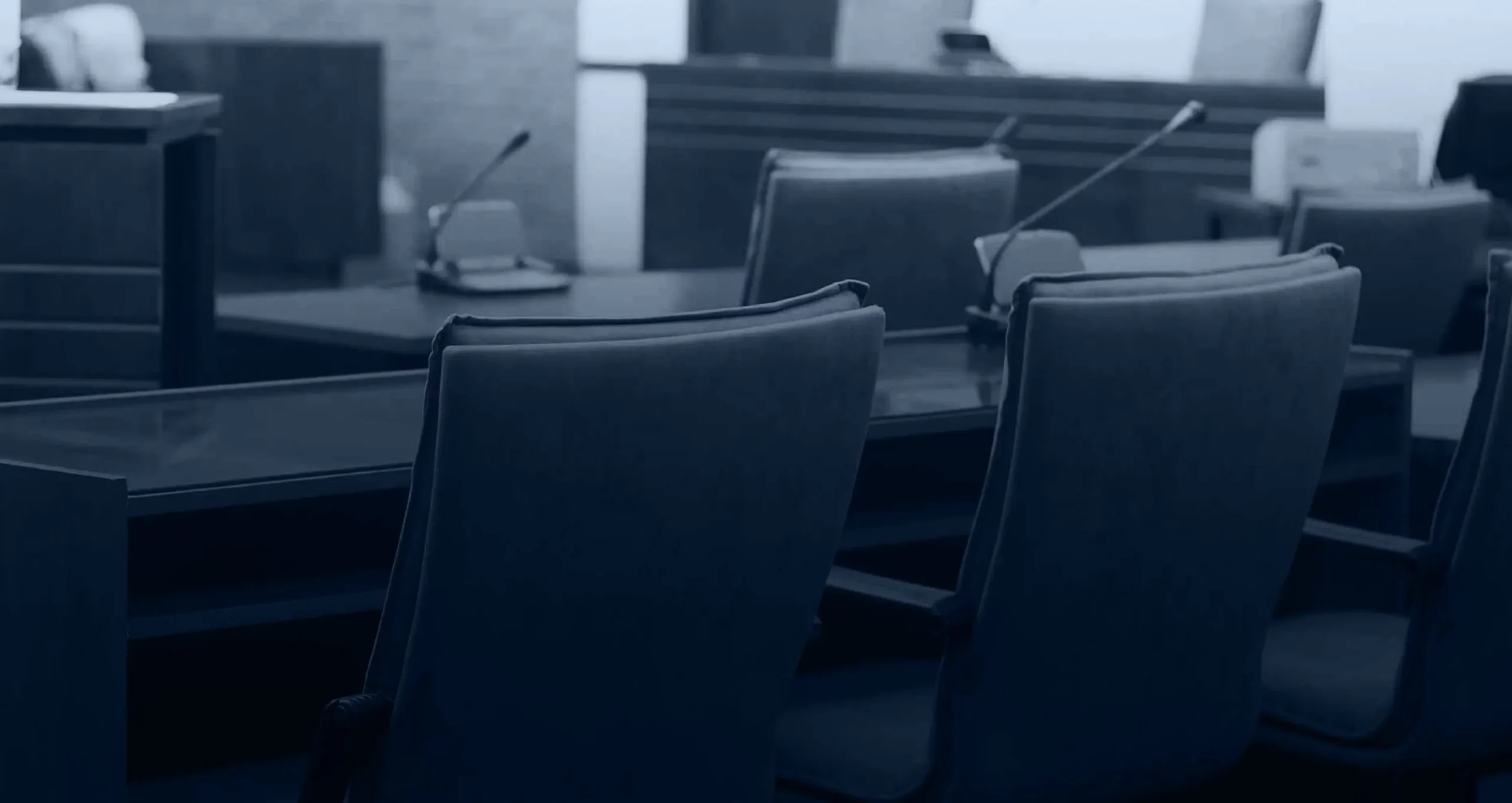A car accident causes immediate damage to a vehicle and will result in a driver or passenger suffering an injury. There are primary cost concerns, including costs associated with repairing or replacing the vehicle and medical expenses related to injuries a victim suffers in an injury.
Many drivers are unprepared for the auto insurance rates increase following an accident. Whether a driver is at fault or not, their insurance premium may increase after they report an accident to their insurance company. Seeking the advice of a Chicago car accident lawyer can be beneficial in such situations as they can guide you through the insurance claims process and help you navigate the legal implications of the accident.
When Car Insurance Rate Increases Occur

In nearly every state, the law requires a driver to maintain auto insurance coverage in the event of an accident. Almost every state requires a driver to carry liability coverage when registering a vehicle. Quotes for liability coverage are often 25/50/20 or another set of numbers.
The numbers mean, at a minimum, insurance coverage must provide:
- $25,000 per person for bodily injury liability
- $50,000 per accident for total bodily injury liability
- $20,000 per accident for property damage liability
In addition to liability insurance, some lenders may require collision and comprehensive coverage for financing or leasing a vehicle. Drivers should consider having higher liability limits or adding optional coverage like uninsured motorist coverage, personal injury protection, or medical payments coverage. These additional coverages will result in a higher premium but could provide a driver additional protection in the event of an accident.
Rate increases may occur at any time because of:
- Renewal. Some insurers make annual changes to rates based on the driver’s age, the number of miles driven in a year, and the driver’s location.
- Driving record. Insurers will also factor in the driving record of their customer. Speeding tickets, DUIs, or other violations could increase the rate.
- Accidents. A driver who causes an accident will see a rate increase which could be substantial. Unfortunately, some studies show that, unfairly, a blameless driver may also see a rate increase.
Many states penalize a driver even when they are not at fault for an accident. This can occur for various reasons, such as a history of accidents, location, and the insurance company’s criteria used to determine rates. Drivers with an accident-free record and a good driving history may not be facing a rate increase. It is best to check the insurer and ask why a rate has changed if a driver sees a rise.
Uninsured and Underinsured Motorists and Accidents
According to a study by the Insurance Information Institute (III), nearly 13 percent of drivers across the country violate their local rules and drive without insurance or with insufficient insurance. This poses a problem when they are involved in an accident in which they are at fault.
When someone is involved in an accident with an uninsured driver, they will have to file a claim with their insurance company using their uninsured driver liability coverage. While this may ease the financial strain of an accident for the victim, the sticker shock of increased insurance premiums for upwards of three years after the insurance company pays the claim may feel like punishment. In addition, not every state mandates this coverage which could be problematic for a car accident victim.
Remember, when dealing with uninsured or underinsured motorists, a car accident victim must file a claim with their carrier. This means the victim’s insurance company will spend money on their claim. To avoid losing money by paying a claim, insurers will raise the rates of the victim, even if they can recover all or part of the payment from the at-fault driver.
Insurance Company Policies Regarding Not-at-Fault Accidents
Unfortunately, most large insurance companies penalize drivers involved in roadway accidents regardless of whether they are at fault. In some cases, the premium increase may range from as low as 4.8 percent to as high as 16.6 percent, according to a study conducted several years ago.
While this may seem unfair, victims may have little control over the company’s policies. In one recent year, according to the National Safety Council, more than 4,000,000 people suffered a serious injury on roadways across the United States. With the high rate of uninsured drivers, many accident victims will struggle with the financial losses associated with these accidents.
Recent estimates show that, on average, the community costs of dealing with the aftermath of a car accident are substantial. Total economic costs of roadway accidents exceed $100,000 per injury.
These costs include:
- Loss of income and productivity
- Expenses associated with medical care
- Expenses for administrative purposes
- Damage to motor vehicles
- Employers’ uninsured costs
Insurance companies often feel they have no option but to increase rates on a driver even when they are not at fault.
Driving Records and Impact on Insurance Rates
When an insurance company renews a policy annually, they may request a copy of the driver’s record. Driving records contain a wealth of information, including accidents in which insurance company adjusters do not determine fault. When fault is not specified, insurance companies may have paid portions of their customer’s damages or medical bills, which can cause a rate increase.
When drivers are involved in multiple accidents, whether at fault or not, the insurance company may penalize the driver by increasing their premiums.
Avoiding Premium Increases After Accidents
Drivers who are potentially facing an insurance premium increase following an accident that was not their fault may consider some of the following options:
- Changing insurance providers. Other insurers may offer similar coverage at lower rates.
- Consider increasing deductibles. This may decrease premiums, but it will also decrease coverage.
- Bundling insurance. In some cases, an insurance company may offer a discount if the driver’s auto, home, and life insurance is all with the same company.
- Consider accident forgiveness. Some companies offer coverage that could help drivers involved in no-fault accidents avoid rate increases. Some drivers may already have this coverage included in a standard car insurance policy.
Unfortunately, drivers have only a few options if they face a premium increase following an accident. The best choice for many drivers is to seek the counsel of a skilled auto accident attorney. In many cases, holding the responsible driver accountable will be possible, which could help a victim avoid an insurance premium increase.
Damage to Vehicle and Claims After a Car Accident
In some cases, when someone is involved in a car accident, they will use collision coverage they carry to pay for the damage or replacement of their vehicle. In nearly all cases, this will result in a premium increase. The claim, known as a “first party claim,” will be done entirely through the victim’s insurer.
For most drivers, before filing a damage claim with their own insurance company, they should speak with a lawyer who understands the long-term consequences of filing an accident claim with their own company when they are not at fault. Chances are, if a victim files a claim for damages, they will have to pay a minimum of three years of increased premiums.
The victim of a car accident may also need to file a claim against their collision coverage if the at-fault driver’s policy does not have sufficient coverage to pay for the damages caused by a collision.
Insurance Company Claim Denials After an Accident
An insurance company can deny a claim, even when the accident was their customer’s fault. There are multiple reasons why this may occur, including the customer’s version of the accident.
Some other reasons an insurance company may deny a claim include:
- Policy exclusions. A dispute may occur because the insurer depends on a policy exclusion. Let’s say a driver traveled on a snowy evening, and a white-out condition developed from blowing snow. The driver winds up striking a vehicle because they could not see them. While they may be at fault for the accident, the insurer claims the accident was actually “an act of God,” which most pol icies exclude.
- Unpaid premiums. imagine mailing a premium payment to an insurer, and it does not arrive until the day after the payment was due. The insurance company may consider the policy lapsed. The insurer may state the coverage was not in effect at the time of the accident. Note: this may be a reach because the insurer is obligated to notify a driver before allowing their coverage to lapse, but it may not be out of the realm of possibility.
- Failure to notify. when someone is at fault for an accident, they may not inform their insurance company about the accident because they fear a rate increase. Victims should notify the other driver’s insurer immediately after an accident if the at-fault driver has failed to do so. Otherwise, there is a risk that the insurance company could deny a legitimate claim.
When an insurer denies a claim filed by the victim of a car collision, the victim should immediately hire a car accident lawyer for advice and guidance on what steps to take next.
Working With a Car Accident Lawyer After a Claim Denial
When someone suffers an injury in a car accident, they should be working with an experienced attorney as soon after the collision as possible. Victims have the right to recover financial losses they have suffered because of the negligent conduct of another driver on the roadway. In a best-case scenario, every accident victim will contact an attorney before they file a claim for their injuries and damage.
When a victim has filed a claim with the at-fault driver’s insurer, and the insurance company denies the claim, the lawyer may discuss several steps which they can take to help the victim recover from their losses.
These may include:
- Sending a demand letter. An attorney may file a formal compensation claim. This demand would include a recap of the victim’s details regarding the accident. The total damage amount would consist of damage to the vehicle and compensation for medical bills, lost earnings, and other demonstrable costs. The demand letter would also include details on why the lawyer feels their customer is at fault for the accident. This may force the insurance company to provide additional information regarding why they denied the claim initially. An attorney may also question whether the company engages in improper claims practices.
- Appealing the decision. Many insurers have an appeal process if they deny a claim. An accident attorney would appeal the decision and attempt to settle through the arbitration process.
- Filing a lawsuit. If there is no response from the insurer after a demand letter or if the appeal process fails, an attorney may recommend taking the next step, which would be to file a lawsuit. The attorney will be prepared for this if they have worked with the victim throughout the accident.
While many accident victims believe they can handle the claims process independently, there are many valid reasons why it makes sense to work with a car accident lawyer after a wreck that caused injury and damage.
Victims Have Rights After a Car Accident

It may not be possible to avoid a car insurance increase in car insurance rates of up to 17 percent following an accident, even when someone was not at fault for the accident. However, when a car accident victim has an attorney advocating on their behalf, it may be possible to include the insurance rate increase in a car accident settlement demand. Reach out to a personal injury lawyer.
Car accident victims can benefit when they contact an accident injury attorney after a collision they did not cause. An attorney can evaluate the victim’s case and make sure they know their legal options.
Contact the Chicago Car Accident Law Firm of Zayed Law Offices Personal Injury Attorneys for Help Today
For more information, please contact the experienced Chicago Car Accident lawyers at Zayed Law Offices Personal Injury Attorneys today. We offer free consultations.
We proudly serve Cook County, Will County, Kendall County, and its surrounding areas:
Zayed Law Offices Personal Injury Attorneys – Chicago Office
10 S La Salle St STE 1230, Chicago, IL 60603
Phone:(312) 726-1616
Hours: Open 24/7
Our firm is located near you. We have an office in Chicago
Find us with our GeoCoordinates: 41.8815493,-87.6327515
Zayed Law Offices Personal Injury Attorneys – Joliet Office
195 Springfield Ave, Joliet, IL 60435
Phone: (815) 726-1616
Our firm is located near you. We have an office in Joliet
Find us with our GeoCoordinates: 41.5254295,-88.1381011








